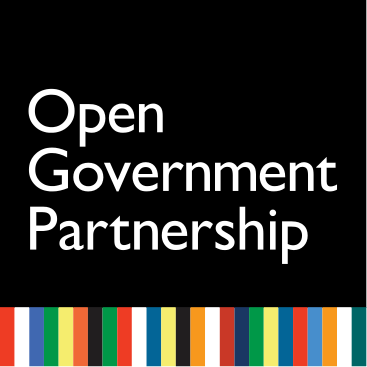Main-navigation

© 2024 The Federal Government


The German Federal Council
Photo: Licence-free photo
This article outlines some core chronological developments in open government policy in Germany. You will also find some information on the role of federalism and links to a variety of projects or external sources. Please note that this are just a selection, and in no way capture the full breadth of activity in Germany. See also the introductory chapters to Germany's OGP action plans.
This page is a work in progress.
January 2006: Initial version of a Federal Access to Information Law enters into force (applies to Federal Government)
February 2013: National open data portal "GovData" launched
June 2013: G8 states (including Germany) sign Open Data Charta
November 2014: National Action Plan of the Federal Government to implement the G8 Open Data Charta
November 2015: Federal Council (Bundesrat) calls on Federal Government to join the Open Government Partnership (OGP).
April 2016: French-German ministerial council declaration affirms Germany's intention to join OGP.
December 2016: Germany joins OGP at Summit in Paris.
July 2017: "Open Data Law" (§ 12a of the E-Government-Act) enters into force (applies to Federal Government).
August 2017: First National Action Plan in the framework of the participation in the OGP.
November 2018: Federal Government passes agreement among ministries to publish all draft laws and regulation along with stakeholder comments received as effort to increase transparency in the law making process.
April 2019: Successful candidacy for a seat on the OGP steering committee.
May 2019: High-ranking German delegation attends OGP Summit in Ottawa.
September 2019: Second National Action Plan in the framework of the participation in the OGP.
February 2020: OGP steering committee meets in Berlin.
June 2021: “2nd Open Data Law” (update of § 12 a E-Government Act) and Data Use act (implementing new EU Open Data directive)
July 2021: Open Data Strategy launched. Third National Action Plan in the framework of the participation in the OGP.
September 2021: Germany adopts International Open Data Charter.
Germany is a federal republic constituted of 16 states (Länder) with their own governments (three of them city states Hamburg, Berlin and Bremen). The German constitution (Basic Law, Grundgesetz) prescribes certain powers to the federal level (e.g. defence and foreign affairs), whereas some policy areas such as education remain prerogative of the states. The states are represented in the Bundesrat (Federal Council), the upper chamber to the German Federal Parliament. Overall, Germany consists of 22 government districts (Regierungsbezirke), aproximately 403 municipal and rural districts (Kreise), and a total of approximately 10.848 municipalities where the bulk of administrative services are delivered to citizens.
The inclusion of the federal states and of municipalities in the national OGP-process is currently government by parameters outlined in IT Planning Council Decision 2018/18 (April 2018, PDF - file is not accessible). This council is a coordination body of the states and the federal government on matters of information technology.
Example projects on state, regional or municipal levels related to open government: